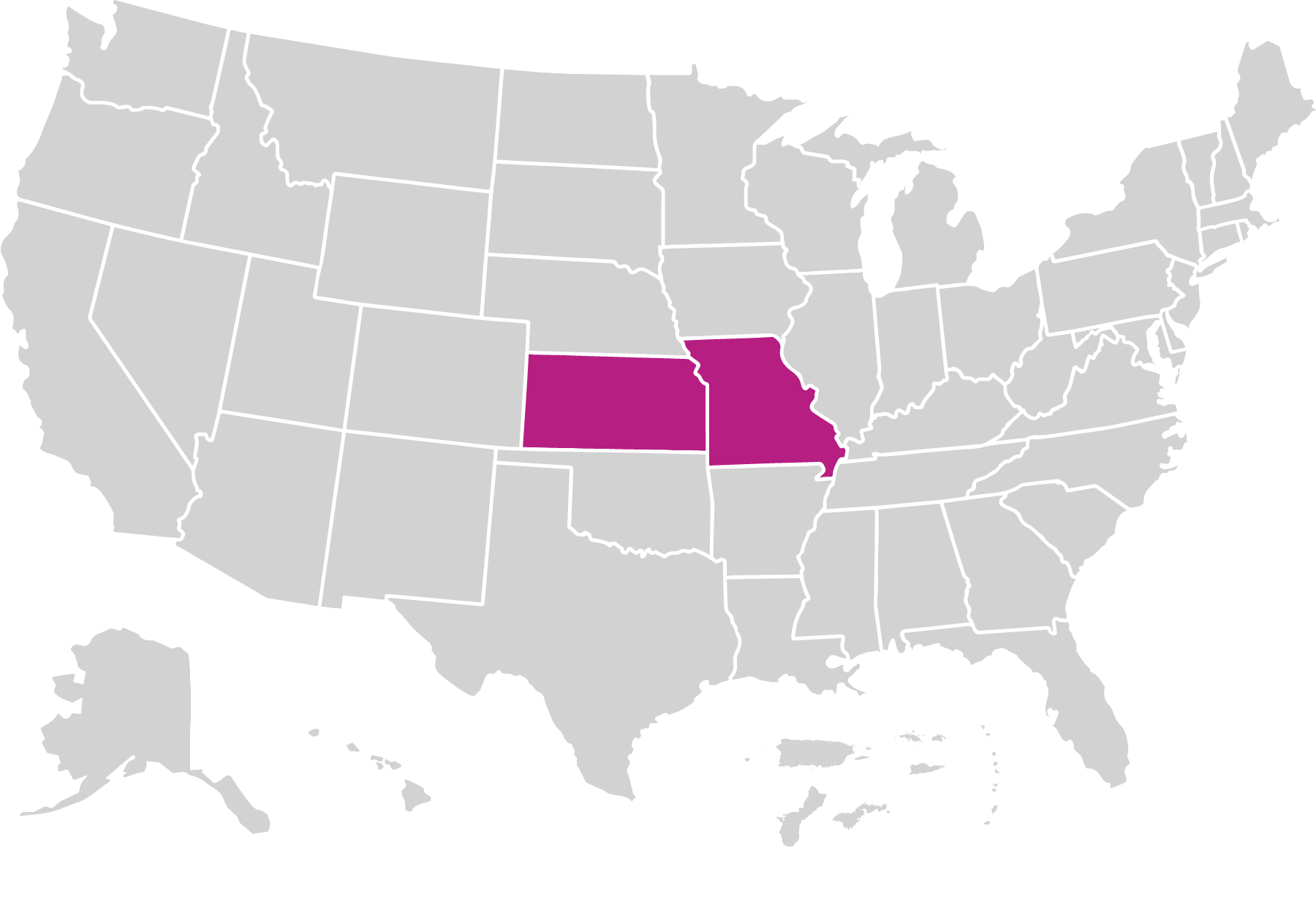Team for Infants Exposed to Substance use (TIES) Program
The Team for Infants Exposed to Substance use (TIES) Program is an intensive home-based partnership with pregnant and postpartum women and their families affected by maternal substance use. Social workers and parent educators work with families to create a jointly designed plan that builds on family strengths to promote overall physical, social, and emotional health. The TIES Program aims to reduce parental alcohol and other drug use; build parenting capacity to support child development; address health and behavioral health care needs of parents and children; and improve access to stable income and safe, affordable housing. Contact Emma Sexton at ecsexton@cmh.edu for details.
What is the model’s approach to providing home visiting services?
Home visits take place once per week. Services are provided until the child turns 2 years old. The TIES Program enrolls families prenatally and up to 6 months postpartum. Mothers must be at least 18 years old and have parental or kinship custody to participate.
The TIES Program’s service population includes the following:
- Families with a history of substance use or in need of treatment
- Children born with prenatal alcohol or other drug exposure
Who is implementing the model?
Home Visitors
The TIES Program was implemented by 6.5 full-time equivalent (FTE) home visitors in 2023. The model requires a master’s degree for family support specialists and a bachelor’s degree for parent resource specialists. The maximum caseload for family support specialists is 10 active families. Parent resource specialists may have no more than 15 active families on their caseloads.
Supervisors
The TIES Program was implemented by 1 FTE supervisor in 2023. The model requires a master’s degree in social work for supervisors.
Where is the model implemented?
The TIES Program operated in 1 local agency across 2 states in 2023.

Families Served Through Home Visiting in 2023
Caregiver education
36% No HS diploma
45% HS diploma or GED
18% Some college or training
1% Bachelor's degree or higher
Caregiver age
9% ≤21 years
44% 22-29 years
47% 30-44 years
Primary language
100% English
Household income
99% Low-income status
1% Not low-income status
Child age
29% <1 year
71% 1-2 years
Child insurance status
97% Public
3% Private
